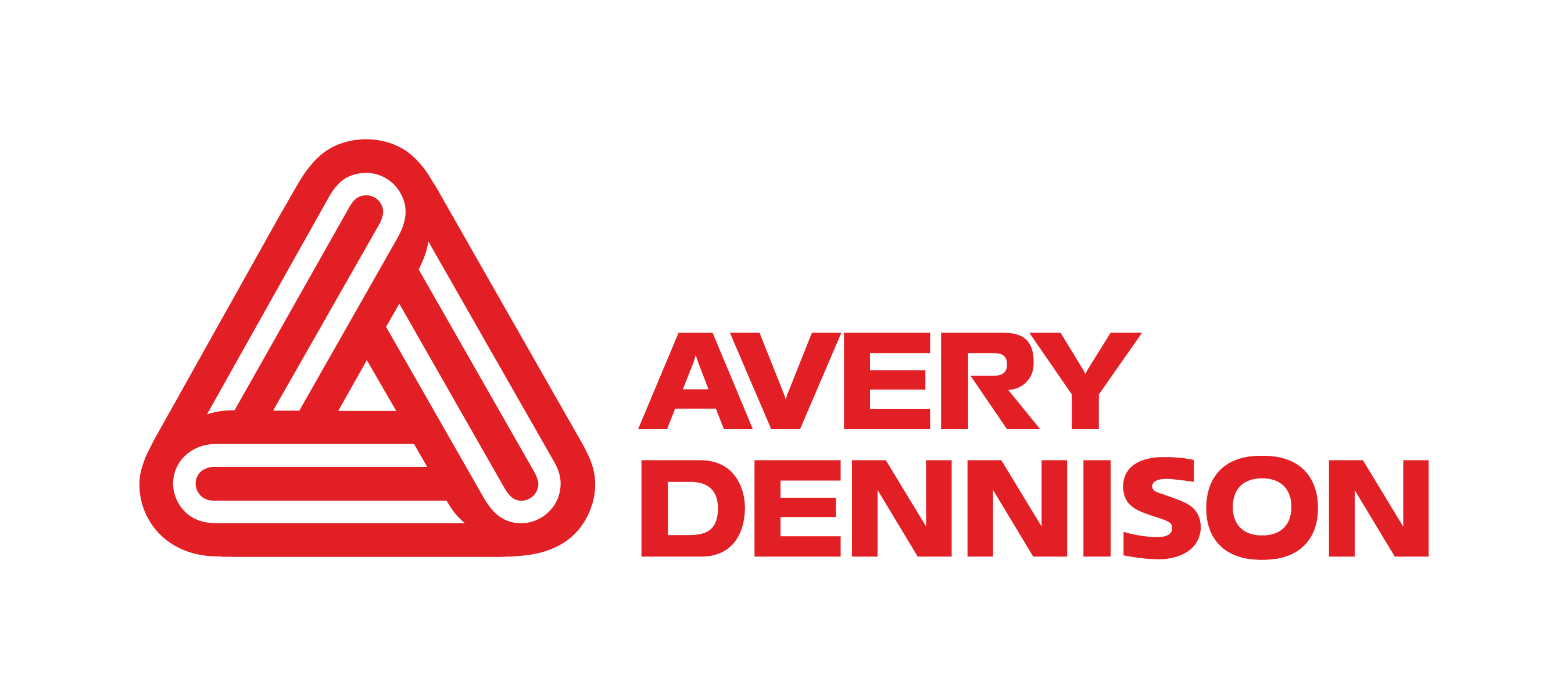One thing is certain about the future of plastics: it’s essential to all of us that it looks very different from the past. The enormous advantages of plastic in terms of performance and price are now being outweighed by the increasingly urgent environmental costs.
As a materials science company and a key stakeholder in the future role that plastic will play, we have a clear choice in front of us. Will we be part of the problem, or part of the solution?
Driving disruptive solutions
Avery Dennison has made an unambiguous commitment to the path of positive progress, backed up by initiatives, investment and innovation across the organization and driven by our world-class R&D people and facilities, which have been central to our company since its inception.
First and most important to note is that we begin from a position of pragmatism. Plastics will be with us for some time. Indeed, there are sectors – like healthcare and food packaging – where the performance advantages of plastics in regards to hygiene and waste reduction make an overwhelming case for their continued use.
That’s why our approach is based on the principles of reducing impact universally, replacing resources tactically and rethinking the rules to arrive at disruptive solutions to complex long-term challenges.
As an organization, our long-term goal is to move beyond sustainability and toward a future focused on regeneration, allowing us to support environmental recovery rather than maintain the status quo.
In relation to plastics, this will be a long path, but not an impossible one. And we’ve already made significant progress. Cleanflake™ technology is enabling the recovery and recycling of PET packaging and our AD Circular initiative is reducing liner waste across Europe. The rRange portfolio, which is made from up to 100% recycled materials and requires almost no fossil fuels, offers a sustainable alternative to the most discerning customers.
In addition, our 2030 goals make a robust commitment to advance the circular economy and reduce our environmental impact. We achieve the first by implementing and advancing technologies to enable recyclability, extend the lifespan of materials, reduce waste, increase recycled content and integrate opportunities for circular processes across our industries. We achieve the second by reducing our environmental impact in operations and supply chain. These are not just words. Avery Dennison is committing to hard numbers, including targets that 100% of our standard products will contain recycled or renewable content and 100% labeling for circularity of plastics. We have also set a target of diverting 95% of waste from landfills.
But there is much more we can do. A challenge as significant as the one we face demands long-term vision, proactivity and commitment.
Developing eco-system partnerships
We are working with ecosystem partners at every point in the supply chain to ensure that wherever possible, we are enabling the reduction of resource and energy use in plastic production, maximizing the potential of waste recovery and facilitating recycling.
On one hand, we’re achieving this through innovation in materials and production processes, like developing bio-based materials that deliver comparable performance to their hydrocarbon counterparts.
On the other hand, we’re partnering with environmental, customer and regulatory bodies (including the United Nations Global Compact, P&G’s Holy Grail Project, the Ellen McArthur Foundation and Plastic Recyclers Europe) and engaging with stakeholders in communities and government to create coordinated approaches to recycling and waste.
The depth and breadth of our expertise in the area of plastic provides us with a unique opportunity to raise the bar, not just within our own organization, but across industry and within communities.
This commitment expresses itself through education and advocacy, supporting customers with tools and resources to facilitate a more progressive approach to plastics, removing practical barriers to resource recovery and recycling, and lobbying for regulatory changes that incentivize circularity.
For example, we have created a set of eco-design guidelines for customers, empowering them to make smart, creative choices when designing recyclable branding and packaging.
Reversing the damage
Finally, however hard we work to deliver a future where high-performing, low-cost materials can be produced with no carbon impact, where waste is efficiently recovered and products become a new resource at the end of their useful life, much of the negative impact plastic will make on our planet has already been made.
In view of this fact, Avery Dennison is investing in partnerships and programs that are working across the world to reverse this damage, most notably Ocean Cleanup and Plastic Whale. In addition, our research and development teams are working on ways to remove plastic already in the environment and turn it back into useful material or clean energy.
The future of plastic is the future we decide on. Avery Dennison has the reach, resources and expertise not simply to slow down or stop further negative impacts, but to actually reverse them. And that is a future worth working for.


